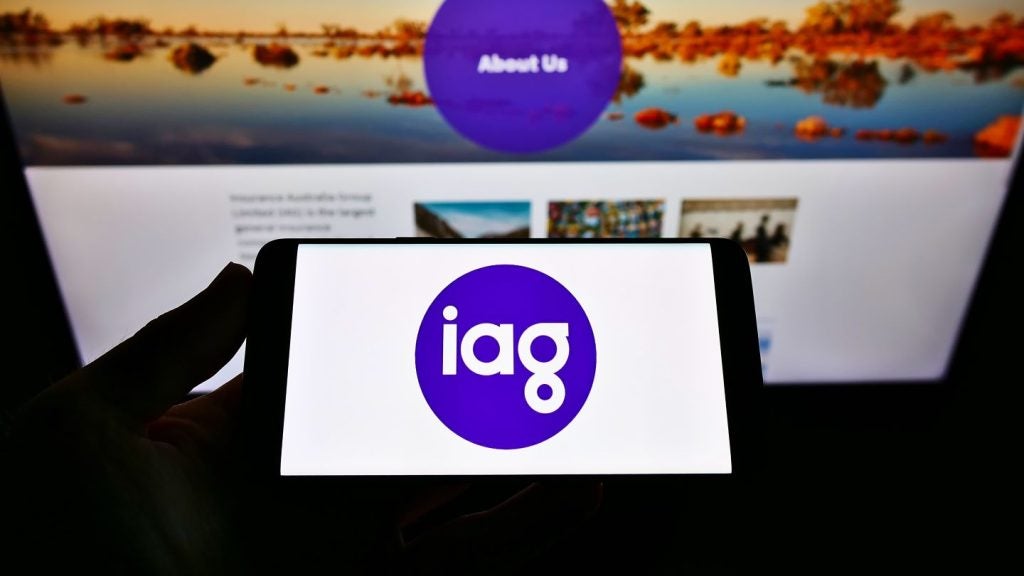
Ross Campbell, life / health chief underwriter, research & development at Gen Re, explains how genomics is becoming an essential issue for the life insurance industry as it would enable insurers to offer much more personalised policies. In Campbell’s view, the collective understanding of genomics and its potential relevance to risk assessments has also improved significantly in recent years
With genetics and insurance fundamental issues are at stake. But it is clear there are potentially significant benefits for consumers who allow access to data on their lifestyle, activity patterns, medical history and genetic makeup. Importantly, insurers would be able to offer much more personalised insurance policies that encourage engagement and improve outcomes for their customers.

Access deeper industry intelligence
Experience unmatched clarity with a single platform that combines unique data, AI, and human expertise.
Genomics, the field of molecular biology focused on mapping the genome, is at the forefront of a technological revolution in biomedicine and healthcare. In medicine, efforts are shifting towards detection and prevention, replacing treatment of symptomatic illness. Better use of genomic information also promises targeted therapy, so people will avoid undergoing treatments that are ineffective.
Genomics is also an essential issue for the insurance industry, particularly with regard to life insurance policies.
Compared to other medical data, knowledge of our individual DNA is regarded as particularly powerful and is therefore treated exceptionally. Genes, unlike other medical information – are associated with themes of empowerment and the right to an open future. Unsurprisingly, most concerns about gene testing relate to confidentiality, privacy and discrimination.
So far, the UK insurance industry has voluntarily agreed not to use much of the data that is available.

US Tariffs are shifting - will you react or anticipate?
Don’t let policy changes catch you off guard. Stay proactive with real-time data and expert analysis.
By GlobalDataA differential approach to genetic data is warranted to prevent discrimination based on unavoidable risk factors and to lower disincentives to valuable testing in a medical context.
When introduced the moratorium acknowledged contemporary concerns that DNA sequencing would allow abnormal patterns in specific genes to be recognised and potentially misused by insurers.
It might lead to discrimination of asymptomatic individuals based solely on presumed or actual genetic differences predicted by a genetic test rather than their physical characteristics.
Because of the obligation to full disclosure, people fear that testing may render them uninsurable.
There is a danger that adverse genetic information excludes high-risk individuals from life insurance making it available only to people who need it least.
Alternatively, if people use genetic information to determine they are low risk they probably won’t buy insurance, pushing prices up as policy numbers decrease.
Benefits
Undoubtedly some people who could benefit from genetic testing are foregoing the opportunity out of concern over possible repercussions.
In practice, there is very little evidence of actual genetic discrimination by insurers. At least nothing that would yield a negative societal impact.
The moratorium is a metaphor for the relationship between the industry and genetic science.
Enduring unchanged for more than a decade since work to sequence the whole human genome concluded means it has not moved with the times.
We now understand medical predictability can only rarely (e.g. Huntingtons Disease) be based on DNA alone, other risk factors may be more important – as an example the combination effect of genes, nutrition, and exercise.
But while exercise is linked with genetics, the relationship is too fragile for the results of direct-to-consumer genetic tests to be useful in making lifestyle recommendations.
These tests are convenient for people to understand their genetic makeup, and continue to be popular despite providers consistently failing to meet international standards on confidentiality, privacy and secondary use of data.
Our collective understanding of genomics and its potential relevance to risk assessments has also improved significantly in recent years, and it offers the opportunity for insurers to do things better – with individuals’ consent.
Falling costs
More people will be attracted to genetic testing as costs fall and predictive power grows. Much wider use of genomics in medicine could mean people are much better equipped to make personal decisions about their insurability than insurers can.
While recognising the ethical responsibility of getting it right, this potential asymmetry of information is especially relevant in a voluntary insurance setting.
If consumers hold genetic information, but insurers do not, this can create an uneven playing field. It could ultimately render voluntary insurance, with its approach to pooling risk, impossible and removing an important social good.
Securing trust to a degree that customers will be willing to share genetic data with an insurer will be a challenge.
Some customers may never develop this degree of trust, but for those who do, the reasons to share need to be compelling – better pricing and better outcomes, at the very least.
There is no doubt that a time is coming when consumers will wish to see this information made relevant to their insurance.
There have been many changes since the moratorium. Genomic information is increasingly used across a range of health problems and this information will appear in the medical records insurers have consent to access.
How should they best use this genomic knowledge in equitable ways to benefit customers?
There are moral questions that need to be asked before insurers are given a full regulatory go-ahead in this context.
Genomic-themed conversations across a full spectrum of stakeholders, around what kind of information should be made accessible to insurers to the ulitimate benefit of their customers, are urgently required.






